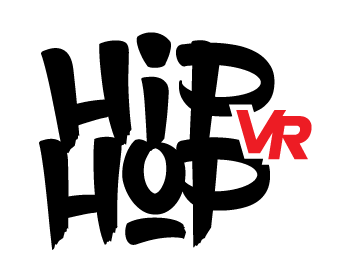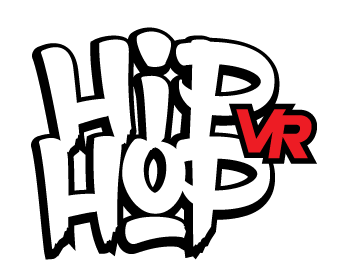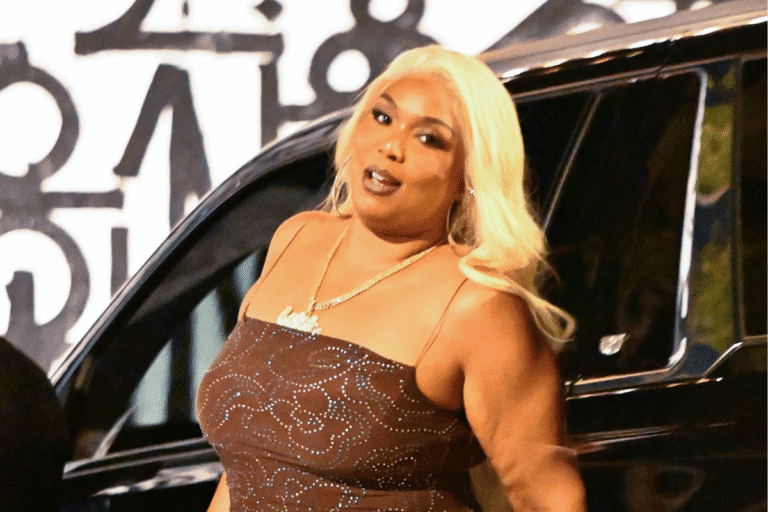Lizzo announced the music sampling law in a one-million-dollar gaming interview and accused the system of criminalizing hip-hop’s roots.
allhiphop.com
Since 1998, Allhiphop.com has pioneered hip-hop news. Get our daily email for exclusive news and weekly digestion, all curated for true hip-hop enthusiasts. Stay connected and learn about the heartbeat of hip-hop culture. Subscribe now!
subscription
Lizzo announced music sampling and its racial influence in a one-million-dollar gaming interview, believing that these rules are unfairly targeting the roots of black creativity and hip-hop.
The singer “Truth Hurt” didn’t back down when discussing how copyright enforcement develops to criminalize the basis of hip-hop voices.
“Who was people first starting to sample? It was rappers from the 80s and 90s,” she said. “They sampled records because they couldn’t access large studios. They didn’t grow up and learn how to play bass and things like that. They created the hip-hop genre by sampling records in their parents’ vinyl and stuff. There was no sampling law at that time.”
Lizzo believes that the repression of sampling is not just a legal issue, but a cultural issue.
“I just feel like it’s all stolen, and theft is the part that makes me shut down,” she said. “The medium of hip-hop is sampling. Sampling is a black art, breeding hip-hop. Hip-hop is born from sampling. Now sampling is synonymous with theft.”
She describes the artist’s legal pursuit of an unlicensed sample as “Nether Police Art,” a sentence she repeated throughout the interview. Although she acknowledged that there was a need for some level of regulation, she criticized how copyright law was used.
“They have to regulate certain things, some things are fair and unfair,” she said. “I get it. But when you sue people for suing people from the atmosphere, it’s like, that’s the atmosphere of my song.”
Samples have long been the cornerstone of hip-hop, with early pioneers resting from Funk, Soul and Jazz Records to create new sounds. However, as the genre evolved into a global phenomenon, the legal landscape has undergone significant changes.
Litigation about unauthorized samples has become increasingly common, forcing artists to clear even the smallest fragments or risky lawsuits.


